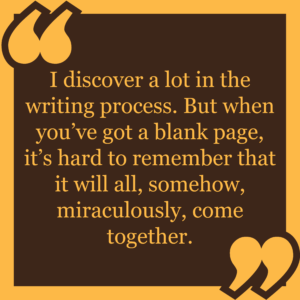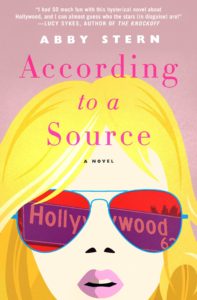 In our new feature, Between the Sheets, TrunkSpace picks the imaginative brains of authors to break down what it takes to create the various worlds and characters they breathe life into via the tools of their trade… sheets of paper. While technology continues to advance and change the pop culture landscape, the written word has remained one of the most consistent and imaginative art forms.
In our new feature, Between the Sheets, TrunkSpace picks the imaginative brains of authors to break down what it takes to create the various worlds and characters they breathe life into via the tools of their trade… sheets of paper. While technology continues to advance and change the pop culture landscape, the written word has remained one of the most consistent and imaginative art forms.
This time out we’re chatting with “According to a Source” author Abby Stern to discuss how she got the ball rolling with the book, how she needs to block out large chunks of time to write, and why she hates her coffee table so much.
TrunkSpace: Debut novels in particular can be a big undertaking because a lot of times it’s about just getting the process underway. What did that process look like for you?
Stern: I actually started the process, believe it or not, by next week it will be 10 years. Those were not 10 consecutive years by any means. I would start the process and I would put the book down, for even two years at a time, and then I would pick it up and do some more and get some feedback and get some notes. And then once I felt that I had a draft that I was really happy with, when you’re querying for agents, that’s a whole other part of the process. So I would query a group and then you kind of have to take a mental break. (Laughter)
It was never on my bucket list to write a book. I’d always written. I’d always done creative writing since I was a child. I wanted to actually write screenplays and television and stuff like that, but when I started writing this, the narrative just really took the form of a novel. I figured, “Why not give it a shot and we’ll see how this goes.” Then you’re 80,000 words in and you’re like, “Well, I guess I better finish this.” (Laughter) “That would be a horrible waste of time if I didn’t really pursue it.”
So yeah, that’s really how the process started and you’re right, it’s a huge undertaking. It’s kind of like yoga in the way they say, “Getting to your mat is the most important part.” Sitting down and forcing yourself when there is no deadline and nothing necessarily to be gained from doing it… it’s a lot of mental prowess and prep that you have to be responsible for because there’s no deadline and there’s no one asking you where pages are.
TrunkSpace: So when you were writing, did it take you time to get into a rhythm as far as a regular page output?
Stern: You know what, I really didn’t have one. I have to be honest. I was very inconsistent with my process, but that actually really worked for me. I’m also the type of writer where I need six hours of time. If I have an hour and a half, I can’t sit down and do anything. I’ve tried. I stare at the screen. I start thinking about how I have to get my laundry out of the dryer in 20 minutes and I just can’t focus as well. I kind of just have to block out these huge days and chunks of time. That was my biggest consistency, I would say.
TrunkSpace: So what are the ideal conditions for you in terms of writing for those chunks of time?
Stern: Well, my ultimate place, I think, would be an island in the Caribbean, but that’s not where I wrote. (Laughter) I write from home. I can’t do a coffee shop. I can’t be in public. I can’t have noise. I don’t write with music or the television on. I really need to be able to hone in on whatever I’m working on, whether it’s the dialogue or the character development or if I’m trying to go back and edit. I really need that focus. So, I’m super isolated, which is a lot of fun for your social life. (Laughter)
TrunkSpace: (Laughter) It’s true. Writing is a very solitary act, but then you’re done and suddenly you’re working with editors and agents and it goes from solitary to this little community.
Stern: I was lucky. I actually had a very editorial agent and he was great. I loved it because he got me into such a place where I felt so confident with the work that we were presenting to publishers. And I also got really lucky in terms of my editor where she would give me notes and there wasn’t ever a time where I got a note and sighed and was like, “Ugh, that’s not what this is… you don’t get it.” It was more like, “That’s going to be a lot of work, but it will actually make it better!” (Laughter)
TrunkSpace: Back to the Caribbean island! (Laughter)
Stern: Yeah. Maybe with book two if this one does well. (Laughter)
But yeah, I love to collaborate. I do television writing and I have a writing partner for that. He’s wonderful and he was actually very helpful throughout this process too in terms of being able to see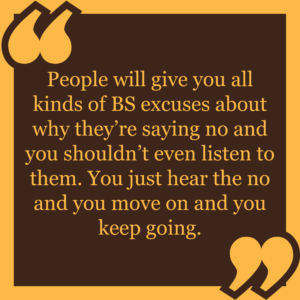 what I couldn’t when I was doing revisions or adding things. He was helping me before I even ever got my agent. So I’m used to being collaborative.
what I couldn’t when I was doing revisions or adding things. He was helping me before I even ever got my agent. So I’m used to being collaborative.
That part wasn’t difficult for me. It was just the, “You’re going to be writing for six to eight hours and be stuck in your apartment and you will learn to hate every piece of furniture you own.” You’re like, “Why would I ever buy this coffee table? It’s the ugliest coffee table I’ve ever seen! I don’t know how I can live another day with this coffee table in my life!”
TrunkSpace: BUT, that coffee table probably looks pretty great right now with your new book sitting on its surface!
Stern: Yeah, but it would still look better if it were a different coffee table. I haven’t recovered! (Laughter)
TrunkSpace: You mentioned that you’re also a television writer/screenwriter, which is a world that has a lot of rules in terms of formatting and story structure. Did you sort of have to retrain yourself and step away from that way of thinking?
Stern: I would definitely say that the biggest thing was nuance for the novel as opposed to writing a pilot. I’m used to kind of trimming the fat in terms of the descriptions. I remember on one pilot, a half hour, it was like 54 pages because I got super descriptive and people were like, “You’ve got to cut this!” But, you need to do all of that in a novel to make it good and well-rounded and to really be able to engage the reader. So that was definitely a retraining for me.
TrunkSpace: What about with dialogue? In TV and film it’s something that is relied on. Did you have to pull back on that at all?
Stern: Not really. Dialogue and the pacing and putting it in conjunction with the rest of the narrative has always been an easy part for me, luckily.
TrunkSpace: So what was the biggest lesson you learned as it relates to putting the book together and getting it out there that you’ll apply to your career moving forward?
Stern: Oh goodness! Well, the biggest lesson I learned was from a writing mentor of mine who is a YA author named Rebecca Maizel and she was actually so instrumental, especially years and years before it ever came to a point where there was a draft that I could even submit. And the biggest piece of advice that she gave me was, “Show don’t tell,” which I had not ever learned. (Laughter) I learned very quickly. That’s a big thing.
And then in terms of getting it out there? I mean, it’s kind of the same thing in Hollywood. It’s just the persistence and believing in yourself and not taking no for an answer, but always pushing and always going. It really is perseverance and you do end up finding the people who connect with your material. People will give you all kinds of BS excuses about why they’re saying no and you shouldn’t even listen to them. You just hear the no and you move on and you keep going. The excuses that they give you will get in your head.
TrunkSpace: So with the book set to release today, will you focus on how it is doing from a sales standpoint or do you need to remove yourself from that aspect and just focus on the creative moving forward?
Stern: Well, yes and no. You always have to be hustling. It’s time to get it into places, to set up signings, and letting people know about it and getting on social media and podcasts and doing things like this. So, in a way, no, because I’m always thinking, “Oh, would this outlet fit?” But, I have removed myself from the numbers side of it because at this point I’ve done the best that I can do and now the cards fall where they fall. I hope it does well, obviously. I hope it’s the beach read of the summer and everyone enjoys it. I care more about people enjoying it because there are so many options for content these days. To spend however many hours reading a novel is a big commitment, so I hope that people think that their time was well spent and that they got some enjoyment out of it.
“According to a Source” is available today via Thomas Dunne Books. You can purchase a copy here.
Featured Photo By: Martina Tolot



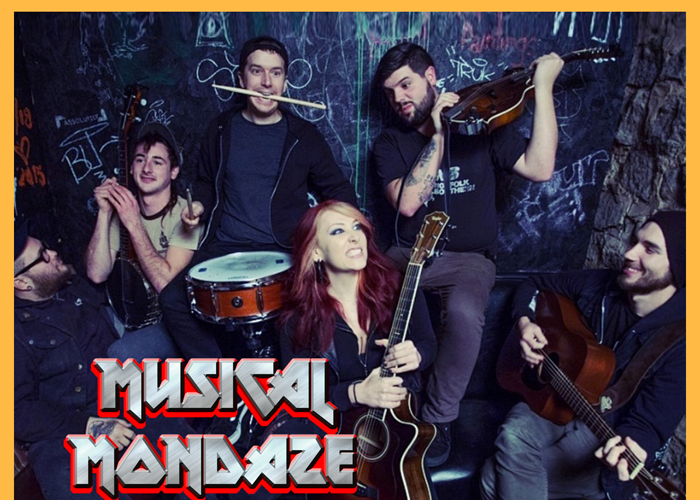
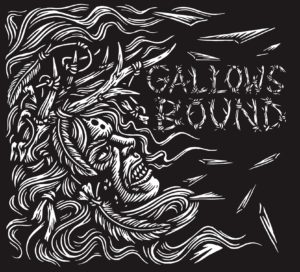 Roaring out of the Appalachian Mountains like a moonshiner with a fresh batch of distilled goodness, the bluegrass-meets-punk (bluepunk?) sextet Gallows Bound is a band on a mission. With most of that mission (and the last few years) spent on the road, the Winchester, Virginia natives have been perfecting their craft, churning out spirited performances with acoustic instrumentation all over the country. They somehow managed to bottle that musical stamina in the form of their latest EP, “Appalachian Witch,” six delectable songs that serve as an appetizer to the meal that is their energetic live set.
Roaring out of the Appalachian Mountains like a moonshiner with a fresh batch of distilled goodness, the bluegrass-meets-punk (bluepunk?) sextet Gallows Bound is a band on a mission. With most of that mission (and the last few years) spent on the road, the Winchester, Virginia natives have been perfecting their craft, churning out spirited performances with acoustic instrumentation all over the country. They somehow managed to bottle that musical stamina in the form of their latest EP, “Appalachian Witch,” six delectable songs that serve as an appetizer to the meal that is their energetic live set.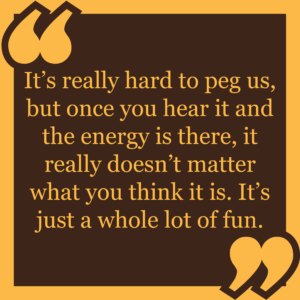 kind of doing local/regional runs and really taking some time to focus on the writing and rehearsing new material and stuff for the stage.
kind of doing local/regional runs and really taking some time to focus on the writing and rehearsing new material and stuff for the stage.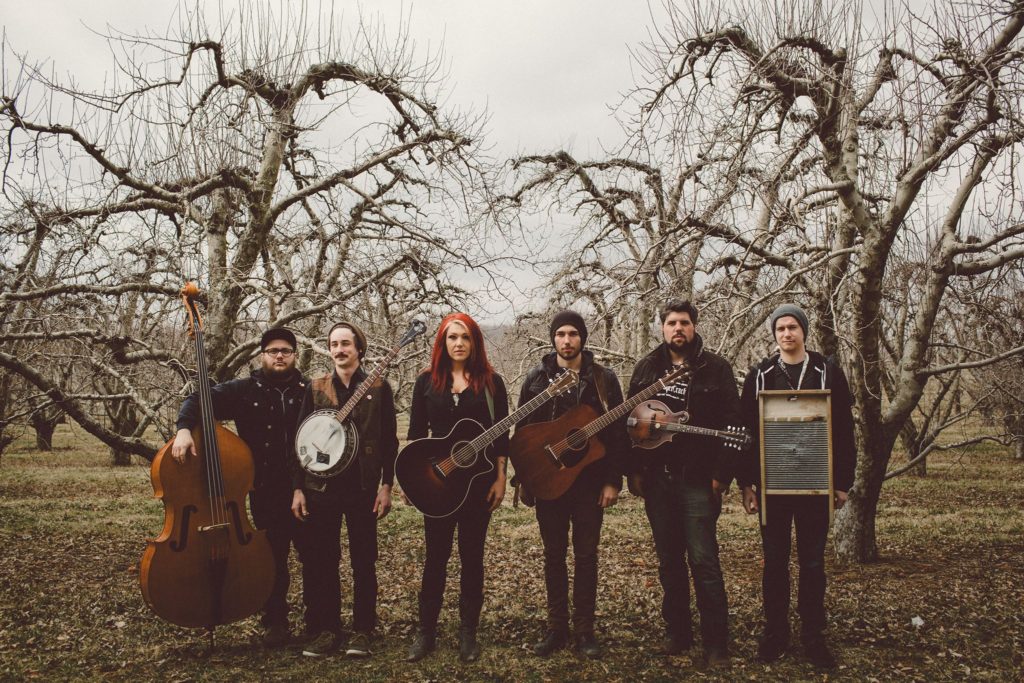
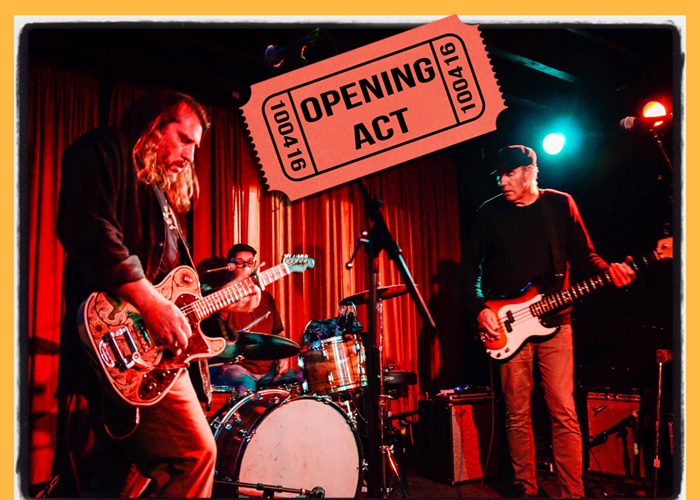
 Artist/Band: June Star
Artist/Band: June Star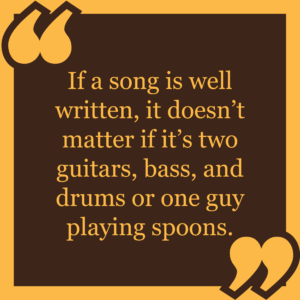
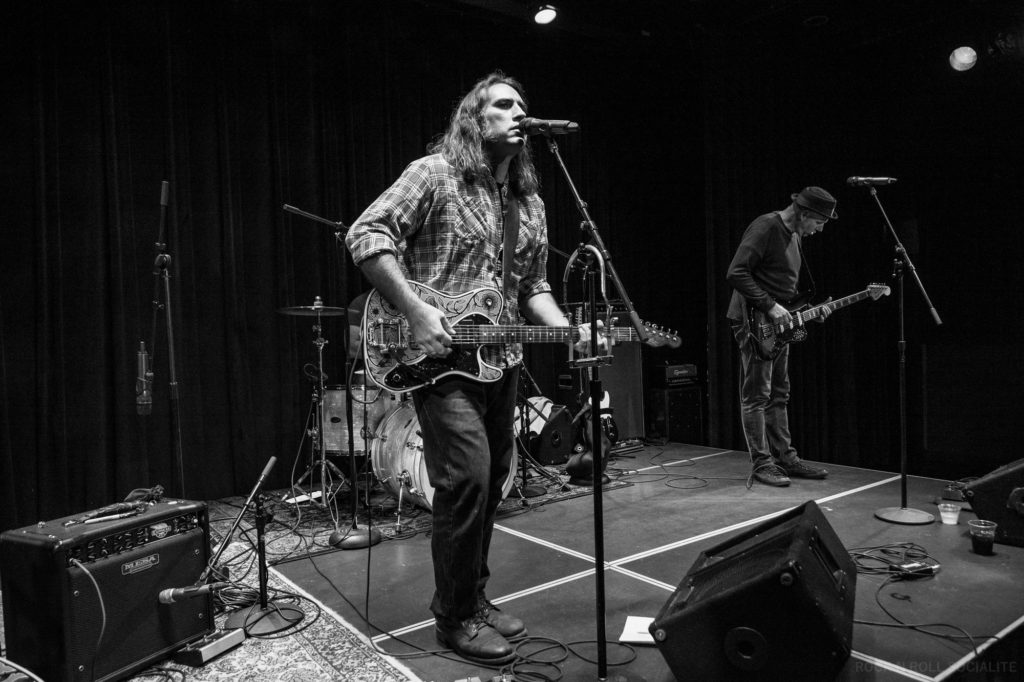
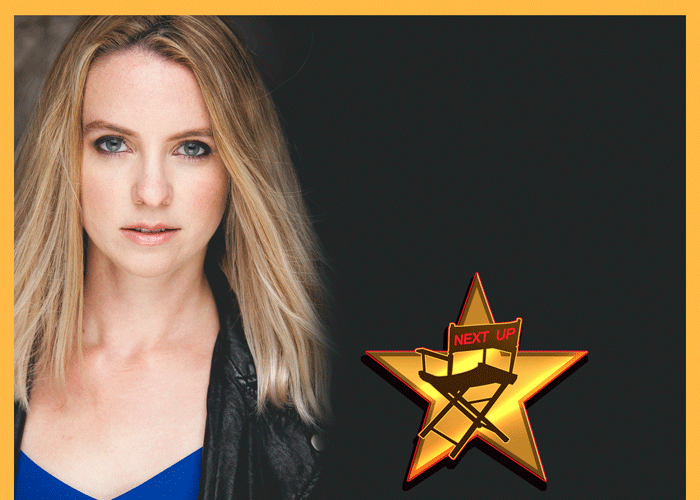
 Name: Michelle Halterman
Name: Michelle Halterman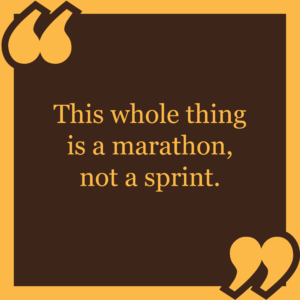 what is known for being a hard industry to crack?
what is known for being a hard industry to crack?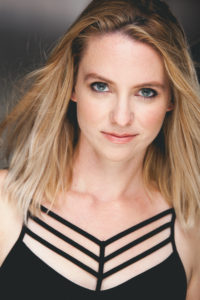 TrunkSpace: What would you say is the greatest strength an actor/actress can have outside of acting ability itself?
TrunkSpace: What would you say is the greatest strength an actor/actress can have outside of acting ability itself?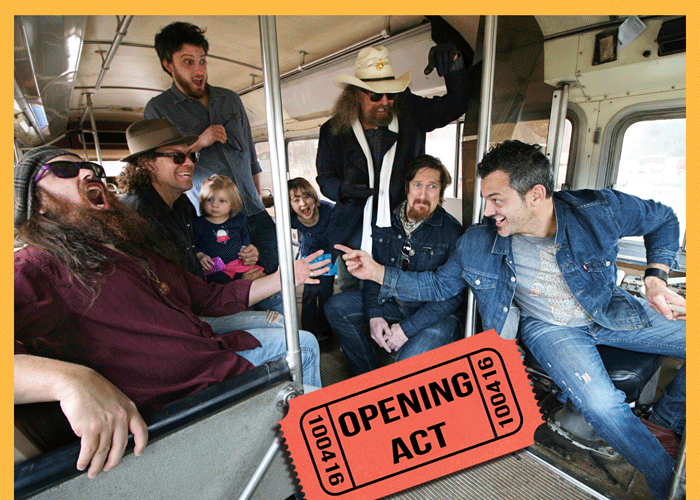
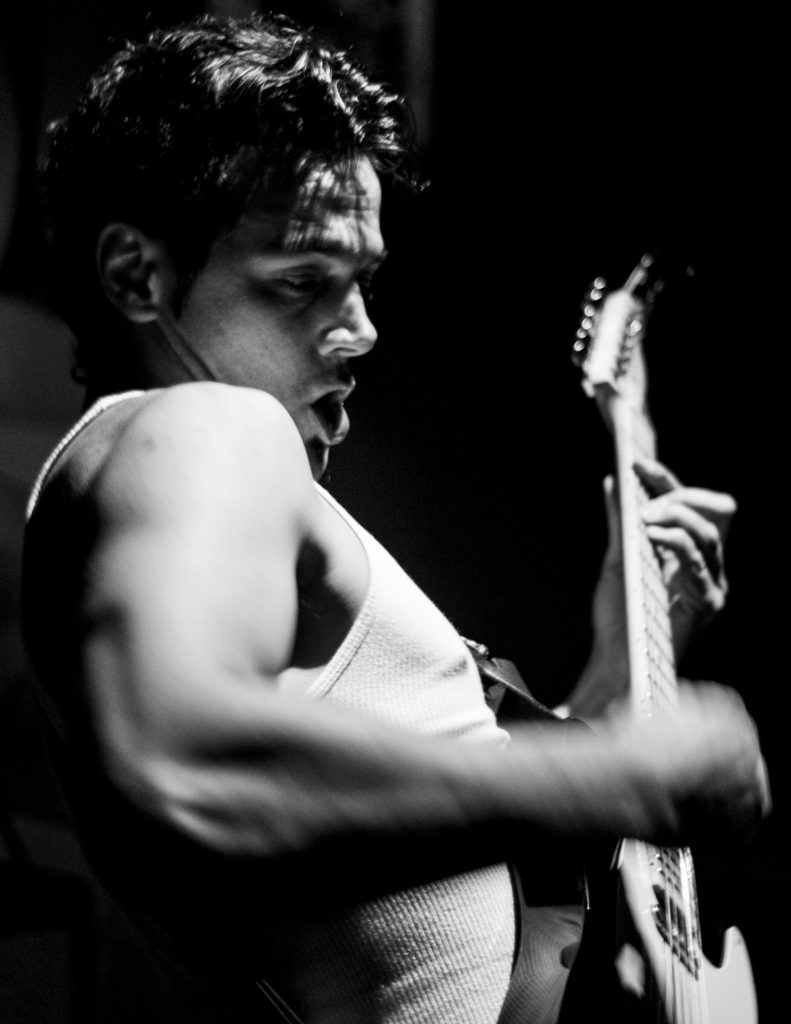
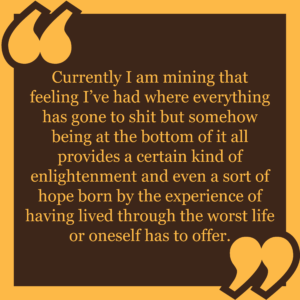 keys and heavier lyrics particularly about the renewal that comes when a person has fallen as far as they can or is at least at a very low point. Although the “Catch A Thrill” album is nothing like this, currently I am mining that feeling I’ve had where everything has gone to shit but somehow being at the bottom of it all provides a certain kind of enlightenment and even a sort of hope born by the experience of having lived through the worst life or oneself has to offer. So besides the songs I’m writing, I’ve learned a couple Alice In Chains songs, except mine aren’t quite THAT hopeless. Mine have a silver lining. Because that’s why I’m using those inspirations, I’m mining for silver linings.
keys and heavier lyrics particularly about the renewal that comes when a person has fallen as far as they can or is at least at a very low point. Although the “Catch A Thrill” album is nothing like this, currently I am mining that feeling I’ve had where everything has gone to shit but somehow being at the bottom of it all provides a certain kind of enlightenment and even a sort of hope born by the experience of having lived through the worst life or oneself has to offer. So besides the songs I’m writing, I’ve learned a couple Alice In Chains songs, except mine aren’t quite THAT hopeless. Mine have a silver lining. Because that’s why I’m using those inspirations, I’m mining for silver linings.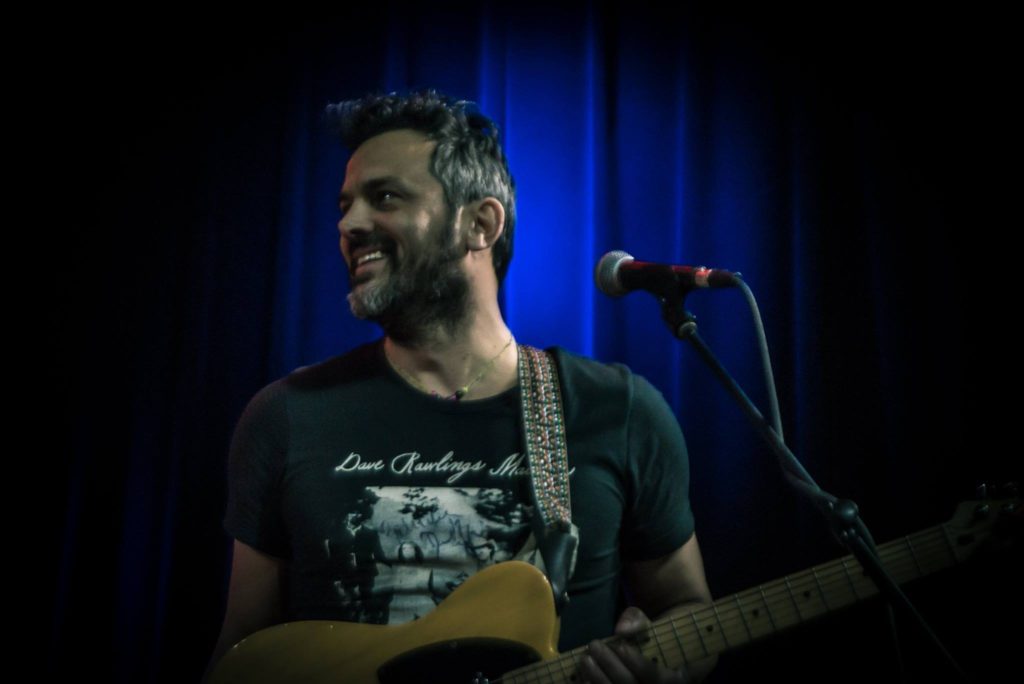
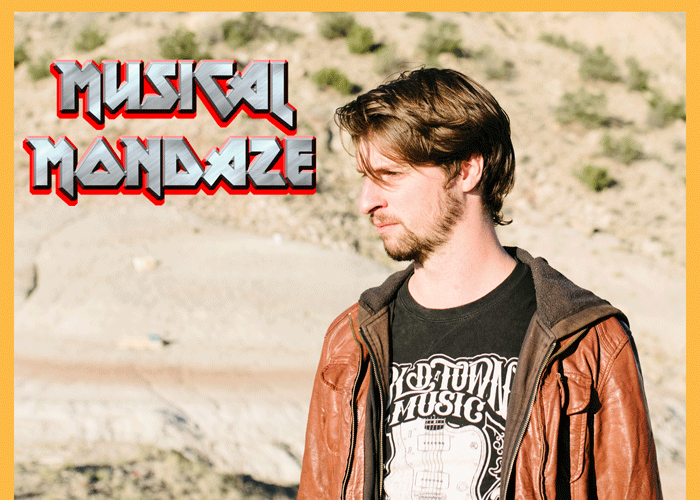
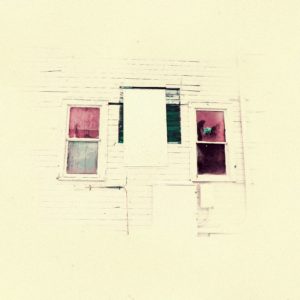 A
A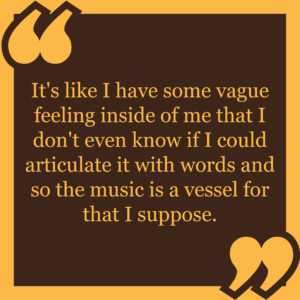 what you were creating on the album?
what you were creating on the album?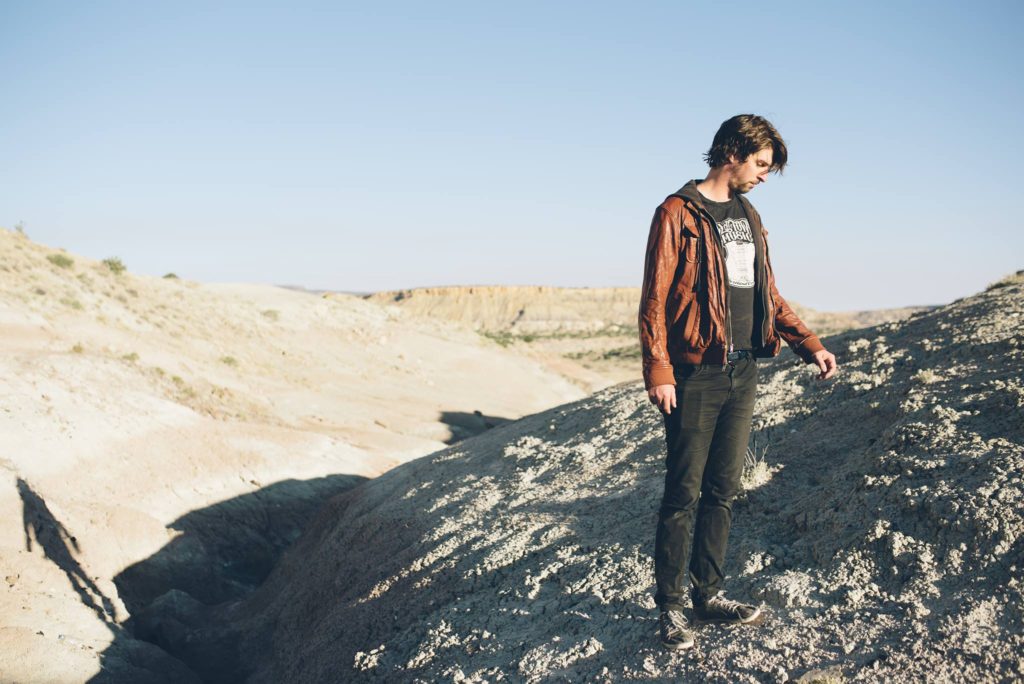
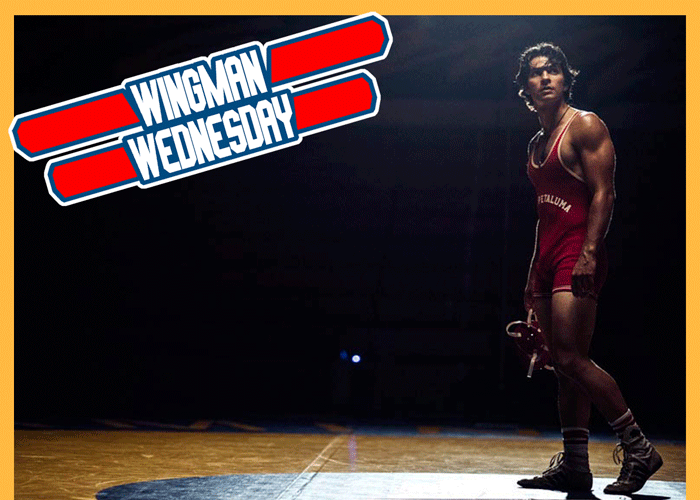
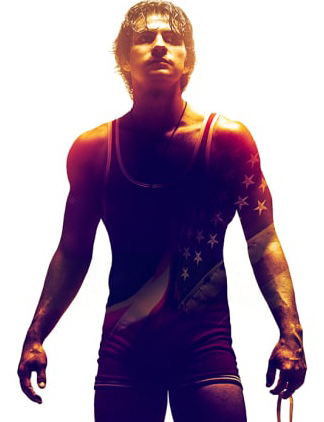
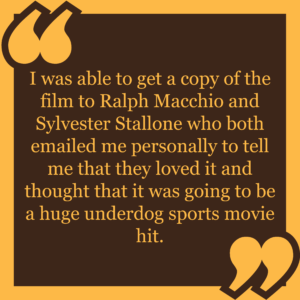 and
and 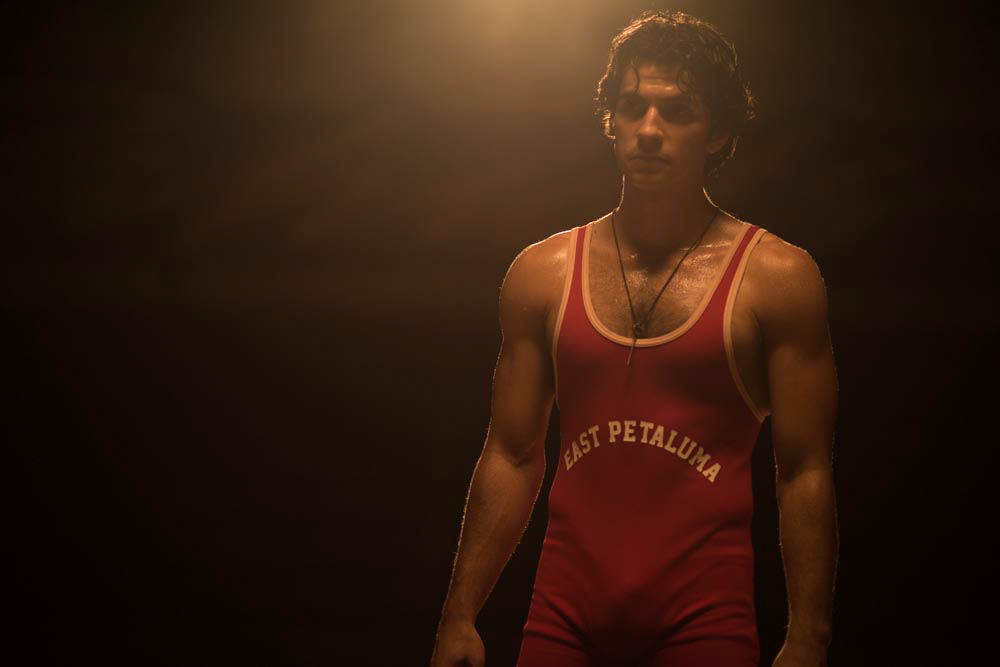
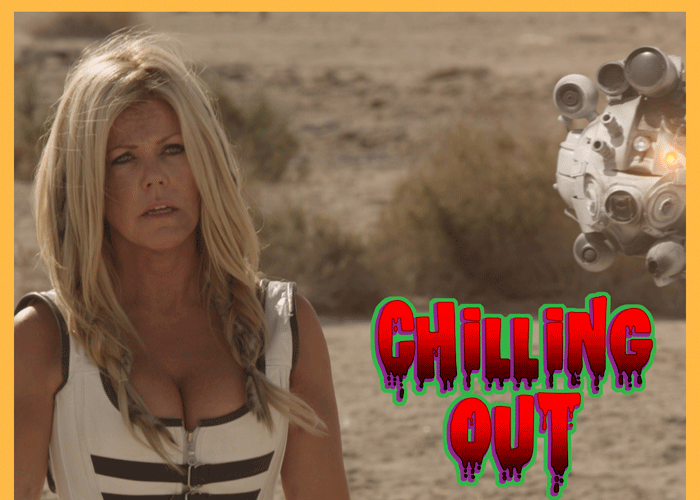
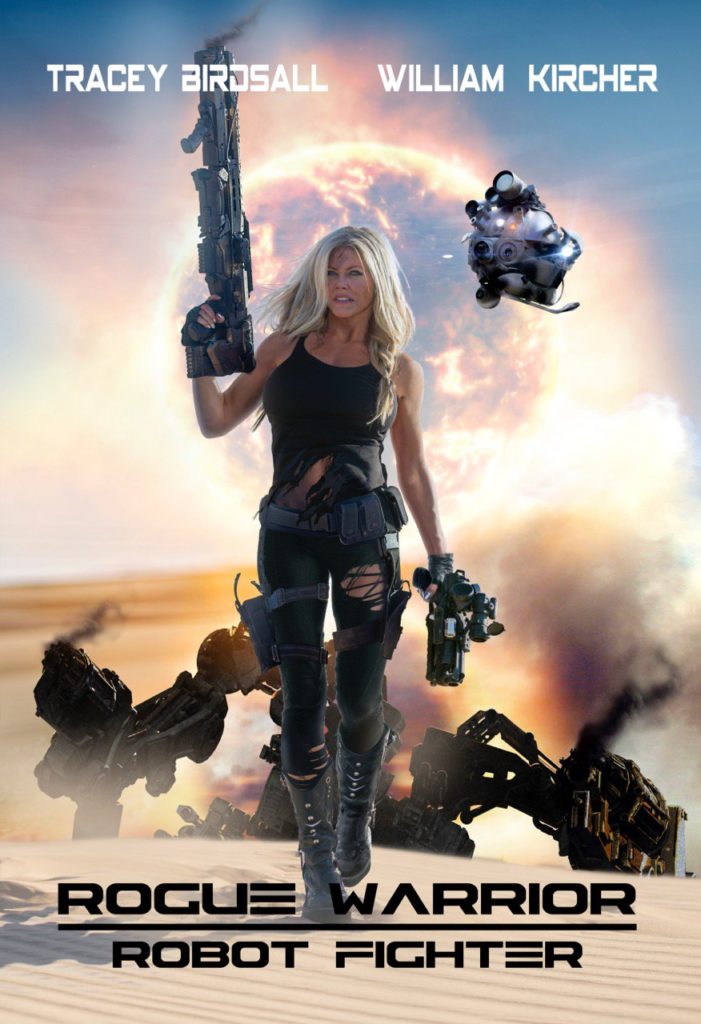 Chilling Out is where TrunkSpace talks all things horror and genre with those who work in the projects that give us the thrills and chills to keep coming back for more. This time out we’re talking with Tracey Birdsall whose latest film “Rogue Warrior: Robot Fighter” is taking the science fiction world by post apocalyptic storm.
Chilling Out is where TrunkSpace talks all things horror and genre with those who work in the projects that give us the thrills and chills to keep coming back for more. This time out we’re talking with Tracey Birdsall whose latest film “Rogue Warrior: Robot Fighter” is taking the science fiction world by post apocalyptic storm. 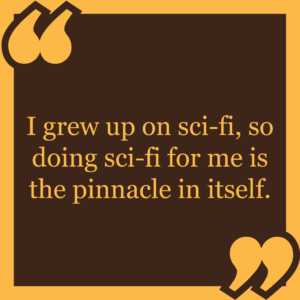 effects and you’re expecting a great storyline but what you’re not expecting is the huge character journey. There’s a lot of drama in “Rogue Warrior” that I think didn’t really occur to people to expect in a science fiction film.
effects and you’re expecting a great storyline but what you’re not expecting is the huge character journey. There’s a lot of drama in “Rogue Warrior” that I think didn’t really occur to people to expect in a science fiction film.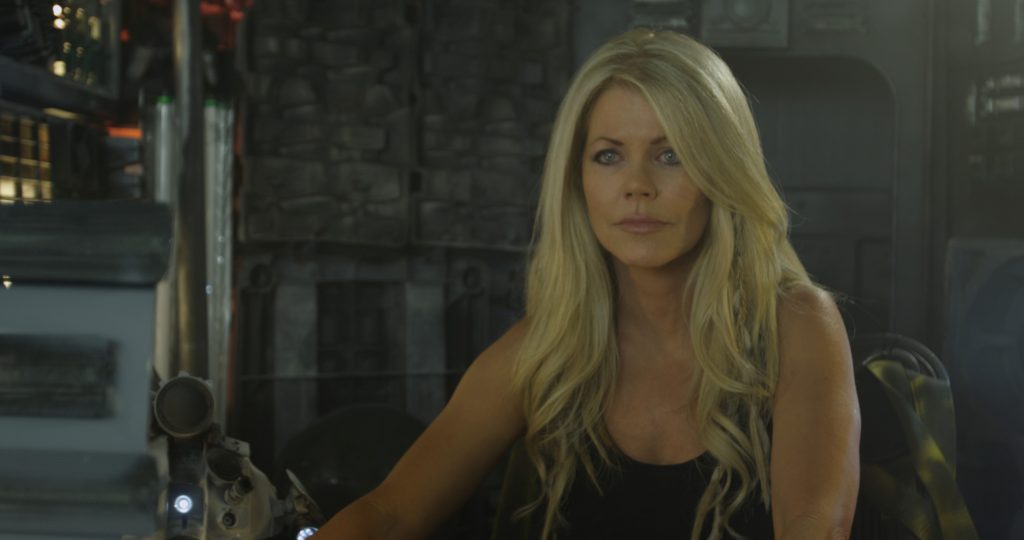
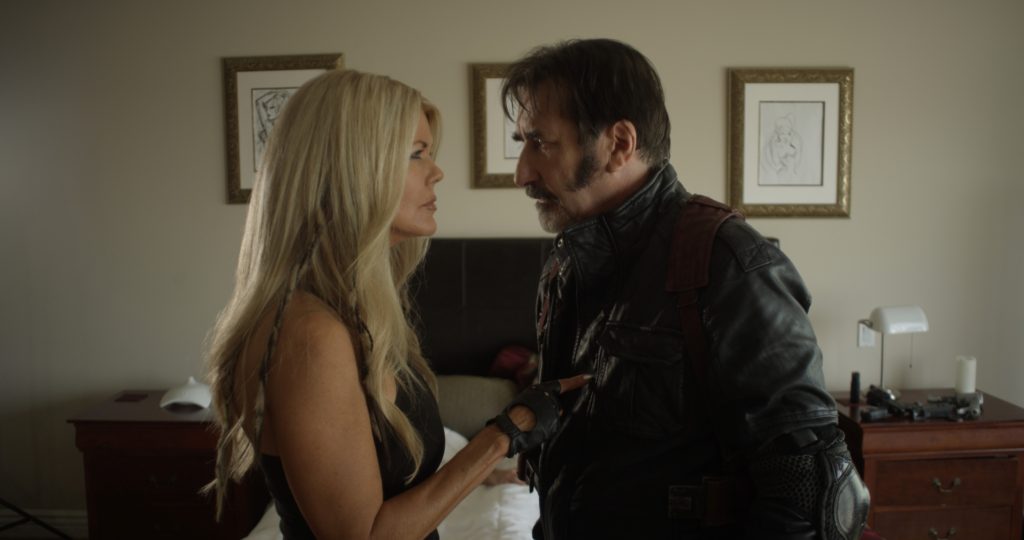

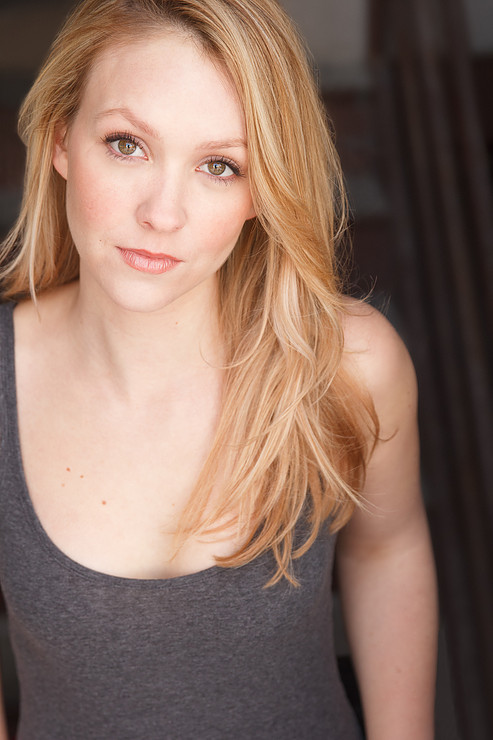 Name
Name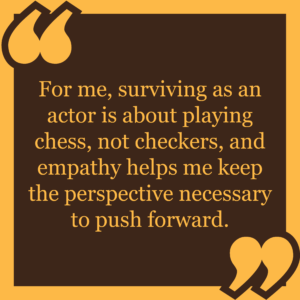 Your Memory.” We had an amazing writer/director who worked with us on the characters for months prior to shooting, and
Your Memory.” We had an amazing writer/director who worked with us on the characters for months prior to shooting, and 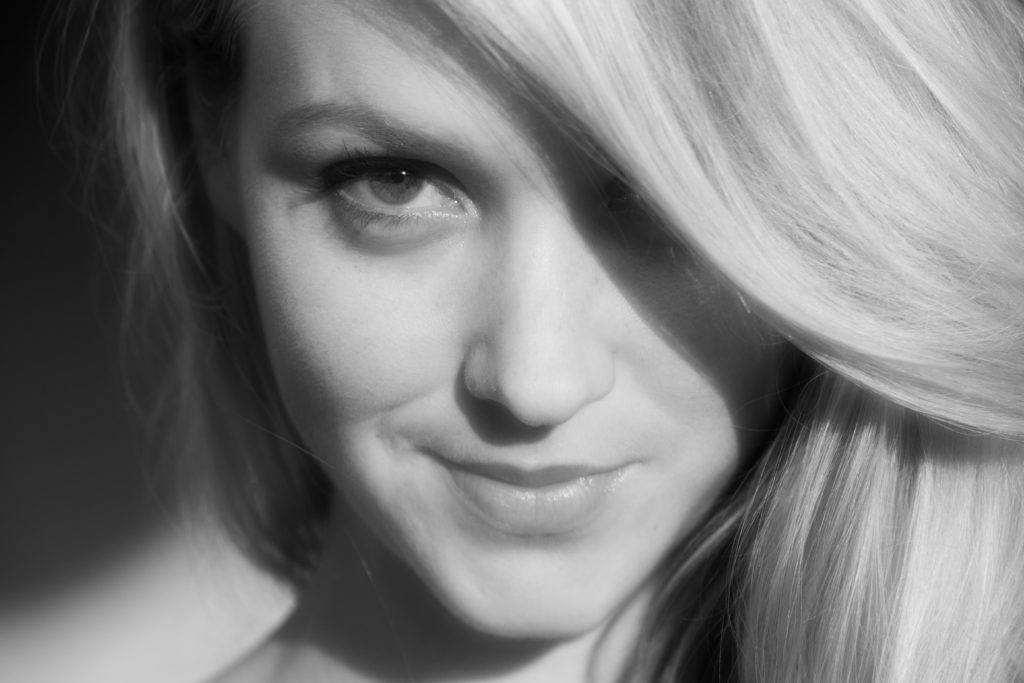
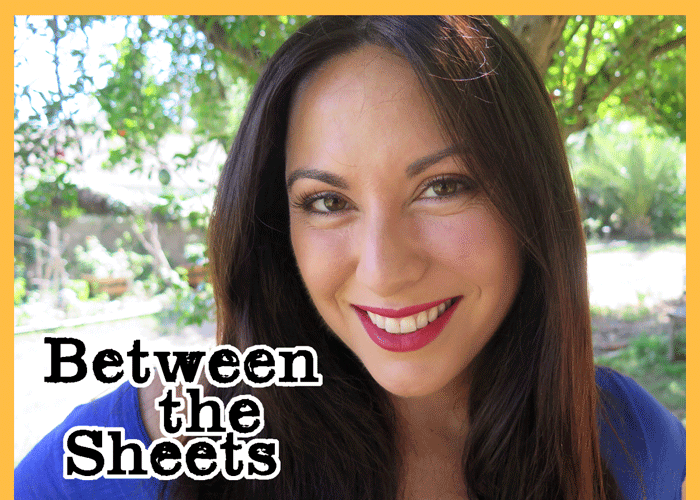
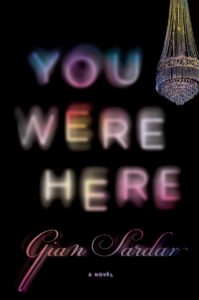 In our new feature, Between the Sheets, TrunkSpace picks the imaginative brains of authors to break down what it takes to create the various worlds and characters they breathe life into via the tools of their trade… sheets of paper. While technology continues to advance and change the pop culture landscape, the written word has remained one of the most consistent and imaginative art forms.
In our new feature, Between the Sheets, TrunkSpace picks the imaginative brains of authors to break down what it takes to create the various worlds and characters they breathe life into via the tools of their trade… sheets of paper. While technology continues to advance and change the pop culture landscape, the written word has remained one of the most consistent and imaginative art forms.